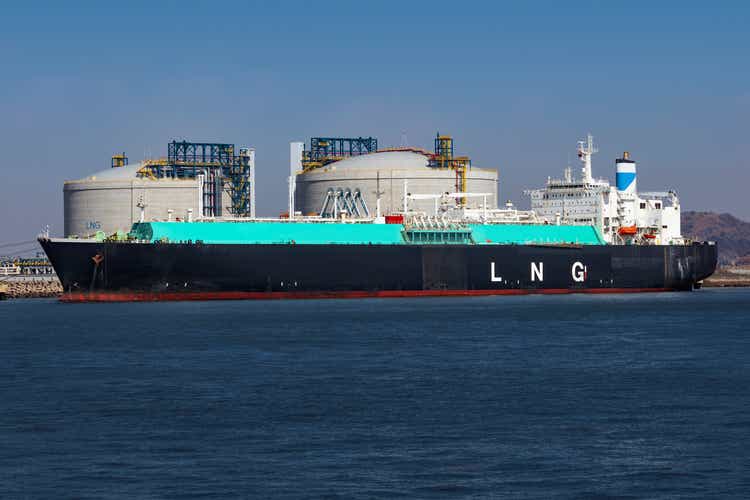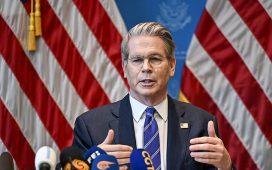
Sky_Blue
The Biden administration’s pause on new licenses for liquefied natural gas export projects is a “political stunt” that will push emissions higher and hurt global energy security, EQT Corp. (NYSE:EQT) CEO Toby Rice said this week, as criticism of the decision mounts.
It’s “bad policy” from an environmental and energy security perspective, as LNG helps replace coal, so limiting LNG increases emissions, Rice told Bloomberg in an interview.
Projects due to come online in 2027-28 “now, with this uncertainty, have been shifting to the left,” which means the ability to replace foreign coal also has “shifted to the left,” said Rice, who plans to testify at a House Energy and Commerce subcommittee hearing next week.
The pause is a “mistake” that “actually harms the world achieving net zero sooner rather than later,” Exxon Mobil (XOM) CFO Kathy Mikells said Friday.
A group of 10 Democrat U.S. House lawmakers from gas-producing states including Texas, Alaska and California sent a letter to Biden asking him to reconsider.
It is not yet clear how many House Democrats could join Republicans in voting for an upcoming disapproval resolution which deems the White House’s energy policies “harmful” and “anti-American” that will undermine U.S. energy security and end up helping Russia.
But even without the decision, a natural lull in the buildout of LNG export facilities was likely, according to Jinjoo Lee of The Wall Street Journal‘s Heard On The Street column.
The U.S. already has granted non-free trade agreement export authorizations to projects amounting to 48.6B cf/day; of those, projects with a total capacity of 22.1B cf/day had not started construction as of year-end 2023, which likely means they have not secured enough contracts to reach final investment decisions, and that gas buyers around the world are not clamoring to secure supply in the medium term, Lee wrote.
Wood Mackenzie estimates an 18- to 24-month delay could be absorbed by the global LNG market given how many projects already are under construction in the U.S.










